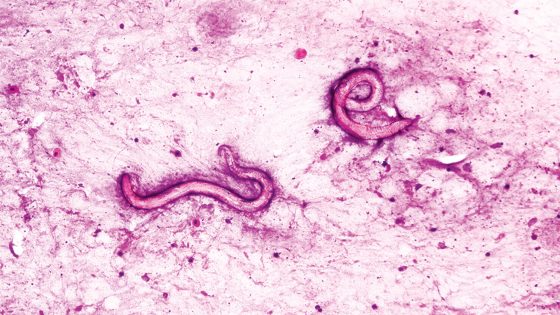Parkinson’s disease (PD) is a complex neurodegenerative disorder that significantly impacts movement and cognition. Recent research highlights a groundbreaking discovery: a common cough medicine may help stabilize psychiatric symptoms and slow cognitive decline in Parkinson’s disease dementia (PDD) patients.
- Parkinson's disease affects movement and cognition.
- Ambroxol shows promise for Parkinson’s dementia.
- Neuroprotective effects observed in clinical trial.
- Cognitive improvement linked to GBA1 variants.
- Limitations noted in study's diversity and size.
- Future trials planned for 2025.
In a 12-month clinical trial conducted by Lawson Research Institute, Ambroxol showed promise in enhancing cognitive function and protecting against brain damage. This trial, set to continue with larger studies in 2025, opens up new avenues for treating neurodegenerative disorders.
This raises an important question: could existing medications be repurposed for neurodegenerative diseases? The results suggest that enhancing glucocerebrosidase (GCase) activity may combat harmful protein build-up in the brain. Here are some health recommendations:
- Consult a healthcare provider about potential new treatment options.
- Stay informed on ongoing clinical trials related to Parkinson’s disease.
- Maintain a healthy lifestyle to support overall brain health.
As research progresses, the potential for personalized neurotherapy approaches grows. Staying engaged with new findings can empower patients and families in their health journeys.
































